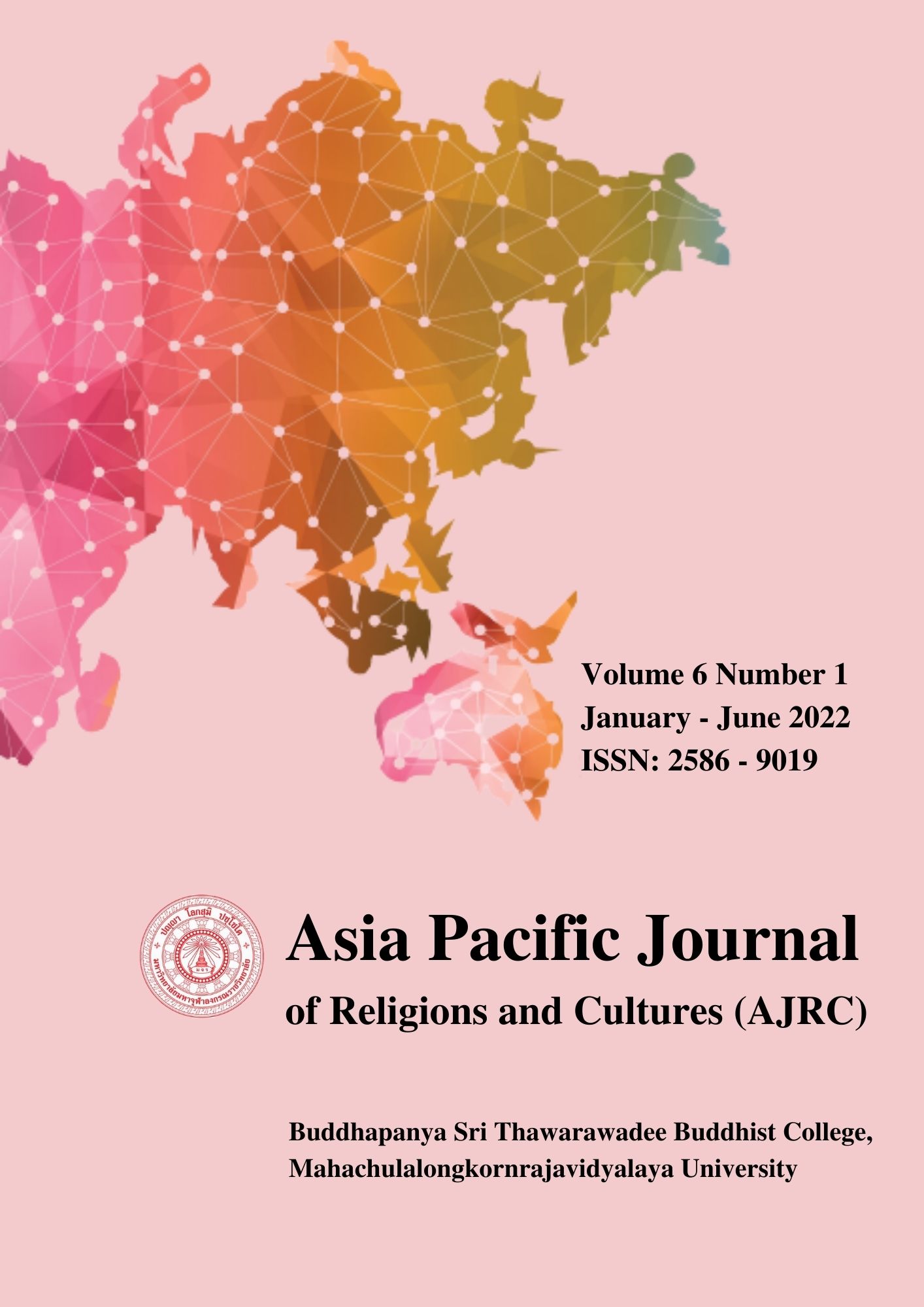The Mahori Music at Bangkokthonburi University
Main Article Content
Abstract
Objectives of research were: 1. To know the history and developments of mahori music. 2. To know the mahori music traits. 3. To know mahori music of Bangkokthonburi university. Research methodology was qualitative research consisted of documentary studies and fieldwork. Key informants are three music experts of Faculty of Music, Bangkokthonburi University. Research findings were: 1. Mahori music originated in the court of Ayuthaya that was derived from “khab-mai” ensemble in Sukhothai by adding a krajabpi lute into it to make mahori quartet, later on the ensemble getting larger by adding more instruments into the previous ensemble, then manifested itself in variety kinds of ensemble ranging from mahori quintet to mahori nonet; and finally, at present time mahori ensemble has three sizes, a small ensemble, a double ensemble and the large ensemble. 2. Music traits: The musical instruments were three kinds of fiddle, flute, xylophones, circle-gongs and rhythmic percussion: Music genre to be played were the suite, tripartite and miscellaneous tunes except the ritual music (high naphat): The scale usually a thang phieng-aw (tonic = Bb) in pentatonic mode: The etude for mahori was usually “Tab-ton-phleng-ching” 3. Mahori music of Bangkokthonburi located in Faculty of Music and manifested itself in a small ensemble and double mahori ensemble; the members were instructors and students that been performed occasionally: The new piece “Bangkokthonburi Overture” created by instructors had present to public recently.
Article Details

This work is licensed under a Creative Commons Attribution-NonCommercial-NoDerivatives 4.0 International License.
References
Phukhaothng, S. (N.A.). Prachum Botkwam Thang Wichakan Dontri Thai Bangkok: Bansomdejchaophray Rajabhat University.
Rondchangphuan, P. Interviewing, March 5, 2022.
Roongruang, P. (2002). Prawa Kan Dontri Thai (History of Thai Music). Bangkok: Thaiwatanapanich.
Roongruang, P. (2013). Lak Phuenthan Manusaya Duriyangawithaya (Principle of Ethnomusicology, Nonthaburi: Aasom-sangkeet.
Thanawat, A. Interviewing, March 5, 2022.
TK Park. (N.d.). Central Gong.http://tkapp.tkpark.or.th/stocks/content/opendream /instruments1/89_kong_glang/web/detail.html
TK Park. (N.d.). Xylophone Ekpiphat. Retrieved from http://110.170.81.29/ instrument_detail/1427199834572/th/word
Yodvised, C. Interviewing, April 10, 2022.


